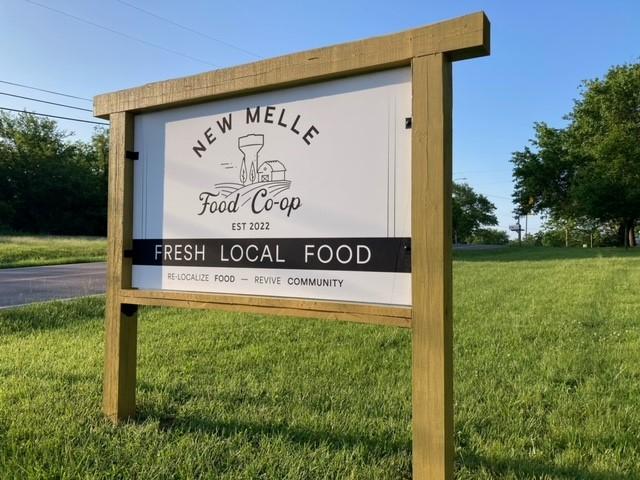A co-op director in Missouri claims he was arrested for questioning the authority of inspection agents to enter a private, non-commercial food club, in a move critics say is only the most recent example of abuse by government regulatory processes over the nation’s food supply.
New Melle Food Co-op Director Wyatt Gober told The Epoch Times that he was arrested and charged with contempt during a March 19 court appearance in which he asked for clarification on the rules allowing inspectors from the Missouri Department of Health and Senior Services to enter the private establishment.
According to Mr. Gober, local inspection agents had shown up at the co-op over the previous weeks, demanding to come inside. He never denied the officials entry, but he did ask them to cite the authority that gave them the right to enter the private co-op.
“I never told these agents that they couldn’t enter the co-op,” Mr. Gober told The Epoch Times. “But since this was a private place that was for members only, I felt I was obligated to ask for clarification on what they were doing.
“I wasn’t seeking any type of conflict. All I was doing was trying to understand what was going on,” he added.
Following the interaction, Mr. Gober was called before Missouri Courts Judge Deborah Jean Alessi, who demanded that the co-op director allow state authorities into the building. After Mr. Gober asked the judge what gave the state the authority to enter the private co-op, he was arrested for contempt and put into jail, according to the director.
“I was shocked, honestly. I was arrested for asking the judge a question,” said Mr. Gober.
However, those rules shouldn’t apply to individuals in private agreements, according to Mr. Gober.
“This is a private food club of people who signed a contract in which a group of adults consensually agreed to share different foods,” he said.
Forty-eight hours later, on March 21, Mr. Grober agreed to consent to state inspectors entering the premises and was released.
Mr. Gober believes the arrest was both a violation of his rights and that of the other members of the co-op.
“We are talking about fundamental natural rights that go to the core of our health and independence that are getting stripped away from us,” he added.
Authorities ‘Discourage Small Farmers’
Fed-up Americans from all sides of the political divide have united under the belief that the increasingly complicated sets of rules and regulations governing the nation’s small independent dairy farms’ food supply have gone too far.The farm had initially been ordered to halt all sales of its raw dairy products until a court ruling on April 12 permitted Mr. Miller to sell his goods anywhere in the world except in the state where he resides.
In a previous interview with The Epoch Times, Mr. Miller’s attorney, Robert Barnes, claimed prosecutors had tried to make an example out of his client.
“The goal of this case was to make a precedent out of Amos Miller and to discourage small farmers from being in existence,” Mr. Barnes said.
“If they control our food, they can control the people.”
In March, dozens of small and independent ranchers took to social media to protest a controversial measure in the recently passed ominous bill, which delegated $15 million for the electronic tracking of livestock that critics claimed would be weaponized by the government to limit beef consumption.
“They are going to use it as a taxing mechanism to eventually control the livestock,” Mr. Sullivan said. “In the European Union, they used these measures under the guise of climate change lies to limit the cattle supply, and if they do that here, it will destroy our industry.”
For Mr. Gobar, if business doesn’t pick up, the fate of his co-op could soon be facing a similar outlook. Although the co-op passed the inspection, the Missouri Department of Health ruled that the private club would be prohibited from selling two of its most popular items.
“They said the raw milk, which our customers really loved, could no longer be sold, and we were also told we were no longer allowed to sell the fresh sourdough bread and other baked goods because they didn’t come from a certified kitchen,” said Mr. Gobar. “Those were both among our best-selling items and since then, we’ve taken a huge hit in business.”
Despite the decline in foot traffic, Mr. Gober said he continues to be inundated with support from people on both the political left and right who were angered over what they perceive to be a violation of their self-autonomy.
“This is bigger than my arrest or the food co-op, but a restriction of the rights of people to seek the nutrition from nature they determine to be in their own best interest,” he said.
“I’m going to keep fighting,” he added. “We all should.”







